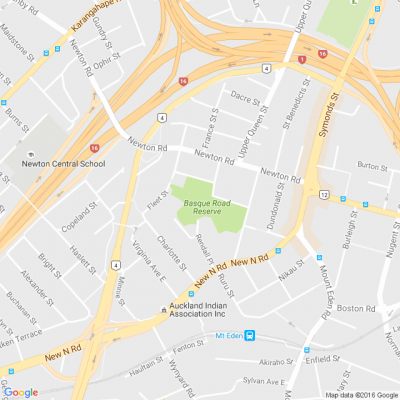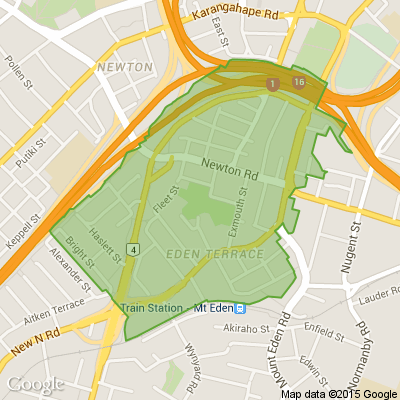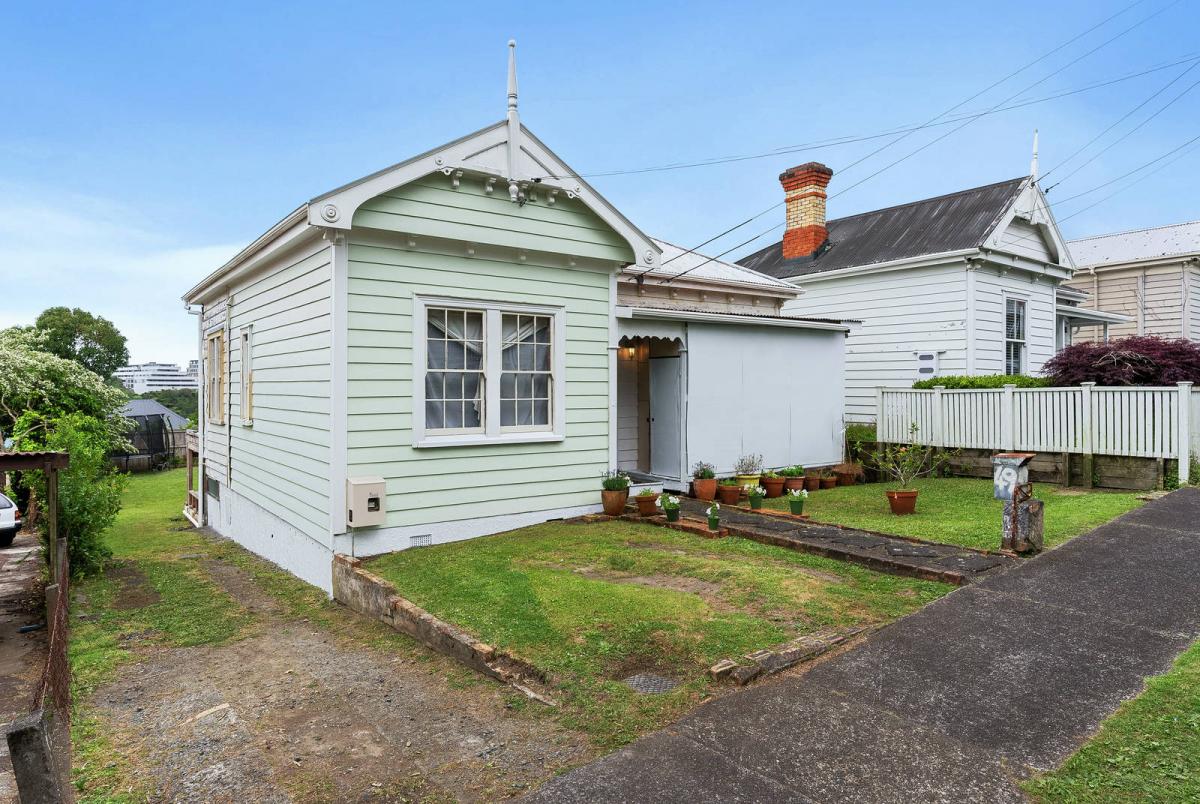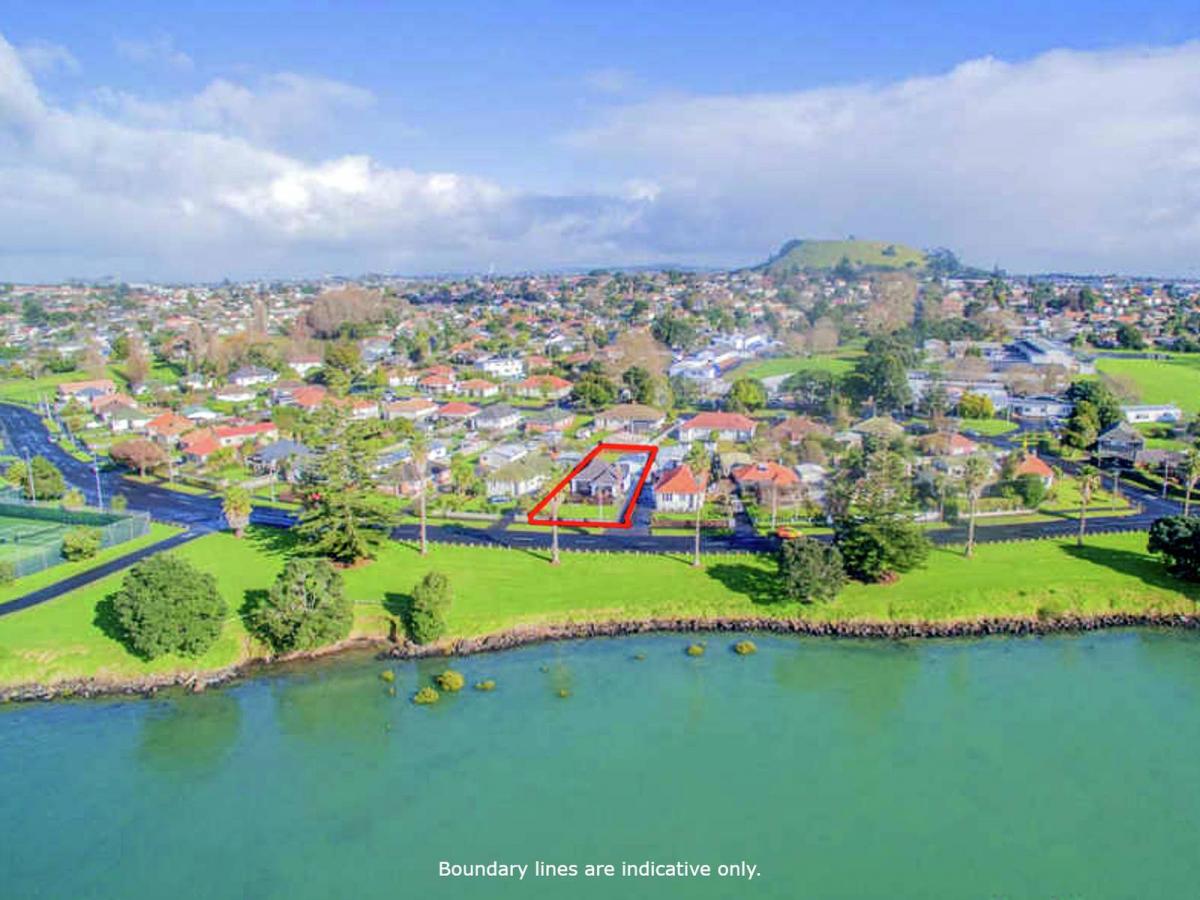Brand new Orchid style Necklaces and Brooches
Imported from Thailand, rolled gold chain and fastenings. Have over 30 boxes. Will sell individually or open to an over for several of them or as a whole lot.
Would make ideal Christmas gifts.
chiselhurst888@gmail.com
0211672027
⚠️ DOGS DIE IN HOT CARS. If you love them, don't leave them. ⚠️
It's a message we share time and time again, and this year, we're calling on you to help us spread that message further.
Did you know that calls to SPCA about dogs left inside hot cars made up a whopping 11% of all welfare calls last summer? This is a completely preventable issue, and one which is causing hundreds of dogs (often loved pets) to suffer.
Here are some quick facts to share with the dog owners in your life:
👉 The temperature inside a car can heat to over 50°C in less than 15 minutes.
👉 Parking in the shade and cracking windows does little to help on a warm day. Dogs rely on panting to keep cool, which they can't do in a hot car.
👉 This puts dogs at a high risk of heatstroke - a serious condition for dogs, with a mortality rate between 39%-50%.
👉 It is an offence under the Animal Welfare Act to leave a dog in a hot vehicle if they are showing signs of heat stress. You can be fined, and prosecuted.
SPCA has created downloadable resources to help you spread the message even further. Posters, a flyer, and a social media tile can be downloaded from our website here: www.spca.nz...
We encourage you to use these - and ask your local businesses to display the posters if they can. Flyers can be kept in your car and handed out as needed.
This is a community problem, and one we cannot solve alone. Help us to prevent more tragedies this summer by sharing this post.
On behalf of the animals - thank you ❤️

Te Whakapono o Tūmanako - Day 30
The Faith of Tūmanako
In a small village nestled between the mountains of Aotearoa and the vast ocean, lived a young Māori man named Tūmanako. His name meant “hope,” and his kuia (grandmother) often reminded him, “Tūmanako, e moko, your name carries a promise to the world. You must learn to walk the tides of life with grace.”
One summer morning, Tūmanako’s world was upturned. A fierce storm rolled in from the sea, its winds howling like angry taniwha. His whānau’s (family’s) marae was badly damaged, and the crops they relied on were swept away. Despair gripped the village. Many cried to Tangaroa, the god of the sea, asking why such calamity had befallen them.
Tūmanako, too, felt the sting of loss. “Why, Kuia?” he asked his grandmother. “Why does life bring so much suffering?”
His kuia sat beside him, her face weathered with years of wisdom. She handed him a tī kouka (cabbage tree) leaf. “Take this, moko. Bend it.”
Tūmanako did as he was told. The leaf bent but did not break.
“Now, hold it tighter and twist it harder,” she said.
He twisted until the leaf sprung back and slapped his hand, leaving a sting. His kuia smiled gently. “This leaf is like life. It bends under the weight of the wind but refuses to break. Yet when we fight against it, we feel pain.”
Tūmanako listened but wasn’t sure he understood. His kuia continued, “Life is a cycle, moko, just like the seasons. There will be days of sunshine and warmth, and days when the rain soaks the earth. Both are needed for growth. To fight against the storm is to forget the blessings it will bring in its wake.”
In the following weeks, Tūmanako began to embrace his kuia’s wisdom. Instead of mourning the storm, he worked with the village to repair the marae. They sang waiata (songs) of strength and unity as they planted new crops. Tūmanako noticed the soil, enriched by the storm’s floodwaters, yielded more bountiful kumara than before.
Years later, Tūmanako became a respected rangatira (leader). When challenges arose, he would remind his people of the tī kouka leaf. “We are like this leaf,” he would say, holding it high. “Life’s storms will come, but we will bend, not break. Let us move with the winds, not against them.”
The people of the village came to cherish this teaching. They learned to greet hardships with calm hearts and open minds, trusting that every storm would eventually bring new growth.
And so, the wisdom of Tūmanako and his kuia lived on, teaching the generations that to accept life’s ups and downs with equanimity is to find inner peace and wisdom.
The moral of the story is:
Resilience comes from embracing life’s challenges with acceptance and grace. Just as the storm nourishes the earth, adversity can lead to growth and wisdom when met with an open heart.









 Loading…
Loading…











